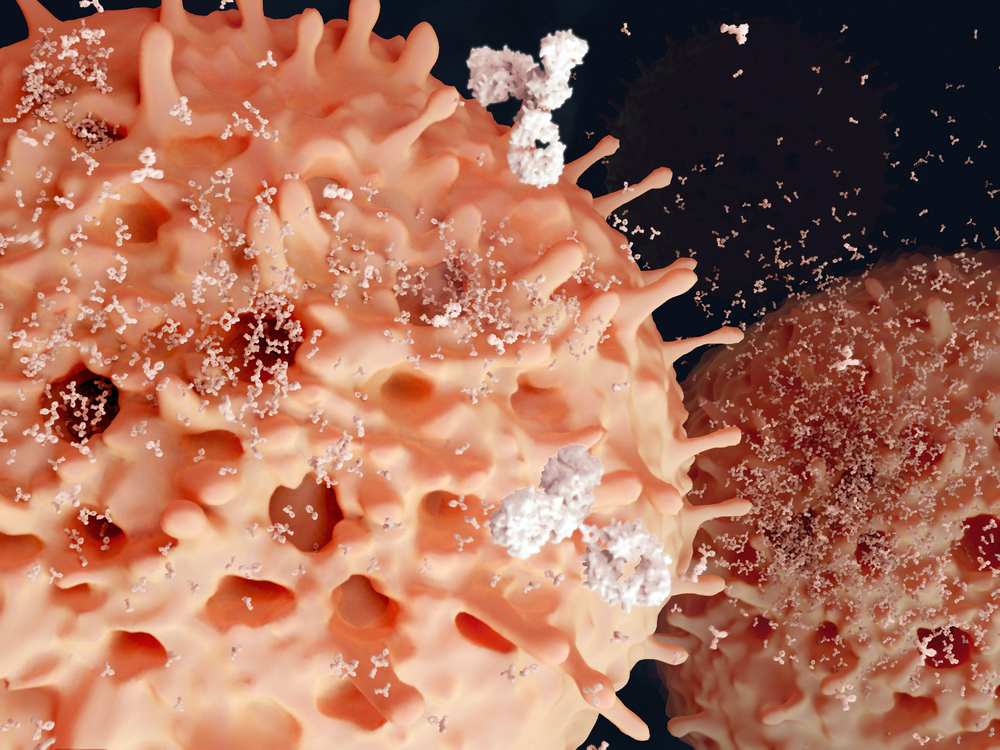New Potential Lupus Drug Targets B Cell Receptor

Researchers at Monash University’s Department of Immunology recently developed a method to prevent lupus by targeting a specific receptor in B cells. B cells are a key type of immune cell responsible for defending the body against infections, producing antibodies and generating memory B cells that remain in the body so that, if encountering the same antigen, they can promptly respond without hampering the immune system.
Lupus is an autoimmune disease characterized by hyper-activation of the body’s immune system and reaction against normal, healthy tissue. It affects 5 million people worldwide, typically young women. Current strategies to treat lupus target the immune system, inducing its “switch off” so it can stop attacking healthy tissues in the body. However, these strategies have been shown to leave patients vulnerable to infectious agents, rendering lupus patients particularly high-risk for hospital infections.
While in healthy people B cells produce antibodies against a specific pathogen, in lupus patients these cells release autoantibodies, i.e., directed against patients’ own healthy cells anywhere in the body (this is why lupus affects a wide range of body parts, including joints, skin, kidneys, blood, heart and lungs). B cells’ survival depends on a protein, the B cell Activating Factor of the TNF Family (BAFF). BAFF is a cell survival and maturation factor for B cells, however, when overproduced, it leads to systemic autoimmune disease such as lupus.
B cells have three different receptors that recognize BAFF, the BAFF-R, BCMA, and TACI, but only TACI responds to excessive levels of BAFF. Upon TACI receptor recognition of excess BAFF, B cells become overstimulated and produce autoantibodies. Researchers at Monash University discovered that if the TACI receptor is eliminated from B cells, lupus doesn’t develop and B cells remain intact and functional, since the TACI receptor is actually not required for the body’s defense against diseases.
Dr. Will Figgett from Monash University’s Department of Immunology and the study’s lead author noted, “Among current lupus drugs, the most recent advancement is belimumab, which was thought to work by ‘mopping up’ the large amounts of extra BAFF in the patients and limiting the production of new B cells while under treatment. This does help, but patients are left defenseless against a host of other illnesses. We have discovered that where the TACI receptor had been deleted from the genome, high BAFF levels don’t get lupus even though they should.”
“The first step to make a new medicine is to find a suitable target. This is a better way to try and cure lupus because most of the natural immune system will remain intact to protect the patient,” he added.






